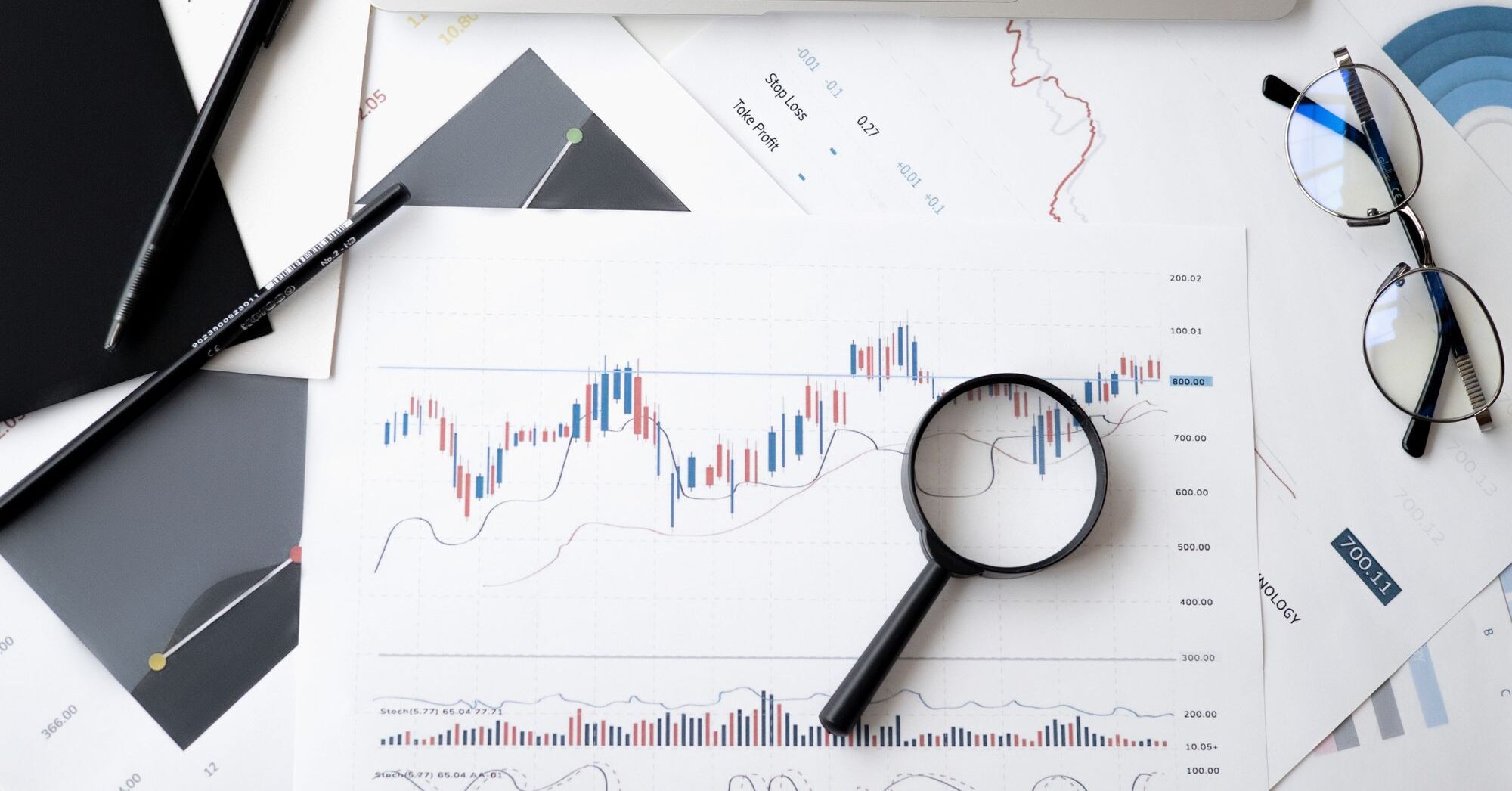Fraud and financial misconduct is an issue that needs to addressed at all levels. But here is the problem. By the time, firm leaders or any other stakeholders become aware of the fraud, it is too late. Sometimes, the leaders themselves are involved. The accounting regulatory standards have loopholes and fraudsters do spot them. Let us take the cases of two accounting fraud scandals.
Case 1: Treaty of Utrecht
This is, undoubtedly, one of the earliest accounting fraud scandals that goes back to the 18th century. In 1720, the UK signed the Treaty of Utrecht with Spain. This would allow them to trade in the South American seas. In reality, hardly any trade happened as Spain renounced the treaty. But this was hidden from the UK stock market. A parliamentary inquiry found that the fraud was between government members. This includes Tory Chancellor of the Exchequer John Aislabie, who was sent to prison.
Case 2: Auditing failures in KPMG
In 2018, KPMG was fined a whopping 3 million euros by the Financial Reporting Council. This happened after they admitted to misconduct in its high street fashion chain, Ted Baker audits from 2013 to 2014.
These are just two of the many accounting scandals. Fraudsters often think they can get away with it. No matter the monetary value, they can get away with it and often do. That is where an auditor plays an important role. In the accounting world, an auditor acts as the security who keeps businesses away from financial misconduct.
The role of auditors in fraud prevention:
The auditors play an important and independent role in scrutinizing financial records. It allows them to ensure their accuracy and reliability. It is important for auditors, globally, to adhere to the recognized regulatory standards. They need to understand and acknowledge that their role expands beyond maintaining compliance. Here are some important functions they need to perform as gatekeepers of accounting fraud:
- Risk assessment:
It is an important job of the auditors to assess the risks associated with financial statements. They need to consider factors like industry dynamics, regulatory environment, and internal controls. By identifying the vulnerabilities, auditors can specifically curate their strategies to mitigate the risk of fraud.
- Fraud detection methodologies:
Auditors need to keep up with the changing trends as it is important to employ advanced analytical tools and methodologies. They need to deep dive into the available financial data to detect anomalies and irregularities. This helps them analyze and spot fraudulent activities. Techniques like Benford’s law help auditors ensure that the outcomes in the balance sheet are what is expected. This helps eliminate suspicious patterns and transactions.
- Fraud prevention:
The role of auditors isn’t limited to detection. They also contribute to fraud prevention by analyzing internal control procedures and mechanisms. A thorough analysis, feedback, and recommendations can help organizations improve their defenses against fraudulent cases.
- Due diligence:
During mergers, acquisitions, or investments, auditors conduct comprehensive due diligence assessments. It is about understanding the integrity of financial information. By scrutinizing past performances, uncovering hidden liabilities becomes easier. It also allows auditors to safeguard stakeholders’ interests.
Challenges auditors face in preventing fraud and financial misconduct:
- Complex financial transactions:
Accounting firms deal with a lot of financial information and hence, they are highly complex in nature. It includes several entities, instruments, and processes. Such complexities make the detection of errors and fraud even more difficult.
Auditors can leverage advanced technologies for general accounting and bookkeeping, which helps keep all information in the same space. Data analytics and forensic accounting techniques help unravel complex transactions and identify anomalies easily.
- Revolution of the fraud techniques:
Fraudsters are evolving as fast as the technology. They are continuously developing new methods to control and avoid detection. This fast evolution of fraud requires auditors to understand and stay ahead of the threats. They also need to be aware of what kinds of frauds are ruling the industry.
That doesn’t mean that detection of fraud is impossible. Continuous exposure, learning, and professional development can help auditors stay informed about the latest fraud schemes and detection techniques. They should also closely collaborate with other auditors and fraud examiners to gain important insights.
- Management of override controls:
One of the most challenging aspects of fraud detection is their potential to manage established controls. Over the years, we have observed that the greatest scams happen when the people in power engage in misconduct. They can be particularly difficult to uncover.
Auditors should implement robust mechanisms, such as independent board members and audit committees. They can contribute to risk mitigation to a great extent. Auditors should also be able to design unique procedures that help in the detection of management overrides.
- Constraint of resources:
Shortage of talent is a common and recurring problem in the accounting industry. It is even prominent among auditors. Besides, there is also a constraint of time and budget. These limitations can impact the depth and duration of the audit processes.
Auditors need to assess and prioritize the high-risk areas and use technology to improve efficiency. It helps auditors to manage the resources effectively. Advocating for adequate resourcing is also important. It helps ensure the availability of resources even in the near future.
- Regulatory and legal challenges:
Auditors have to operate using a complex web of regulations and legal requirements. They need to navigate through these challenges promptly and minutely to maintain independence and objectivity. These can be challenging.
Keeping up with the regulatory challenges and changes is important for auditors. Without the available information, they can neither help accounting businesses make informed decisions nor can they advise firms during times of crisis. Auditors should also keep legal counsel ready for critical situations.
Auditors in Fraud and Financial Misconduct – End Note
Auditors are important in gatekeeping and protecting accounting firms from fraud and financial misdemeanors. They need to adopt measures to ensure that issues are identified and addressed at the root. The work that auditors do is important for all stakeholders involved in a business. Despite the challenges they face, there are many ways to enhance their effectiveness in detecting and preventing financial damage.
Need help with ethical audit functions? Outsource to a team of experts at Finsmart Accounting. Write to us at connect@finsmartaccounting.com to know more.

Director Growth Strategy & Alliance
Maanoj Shah is a finance and outsourcing expert with strong Business Strategy and Scaling-up experience. Over the last 20 years, he has incubated multiple businesses and helped build global enterprises in verticals as diversified as hospitality, technology, and healthcare.









